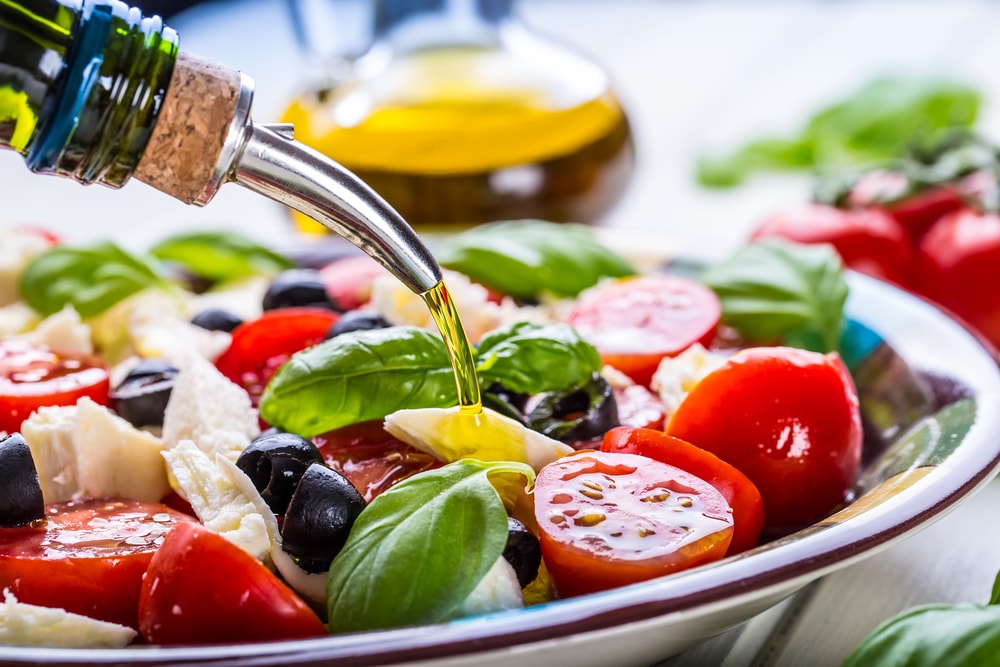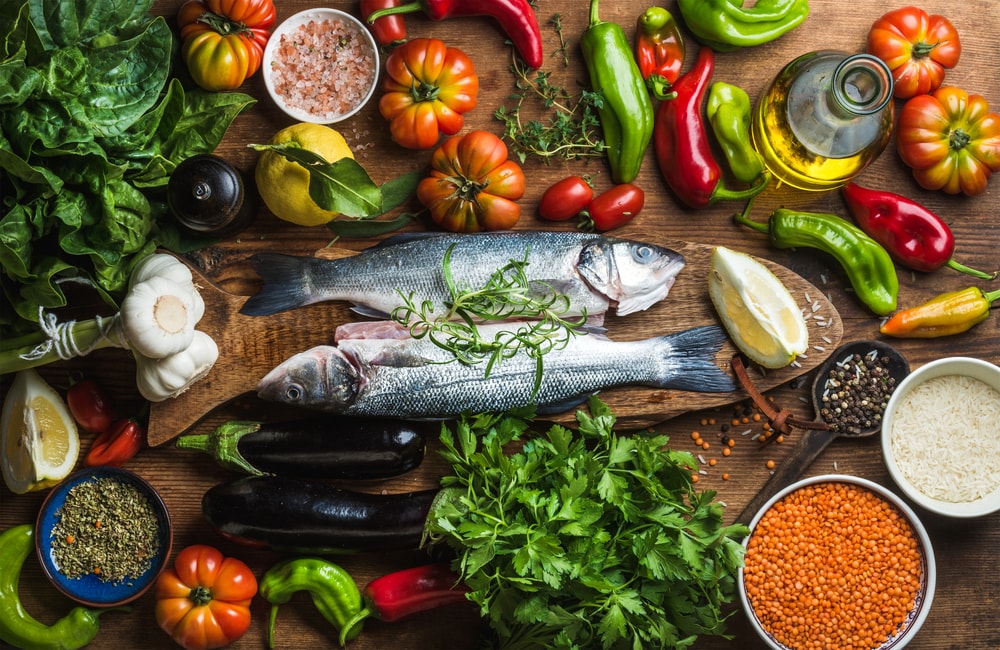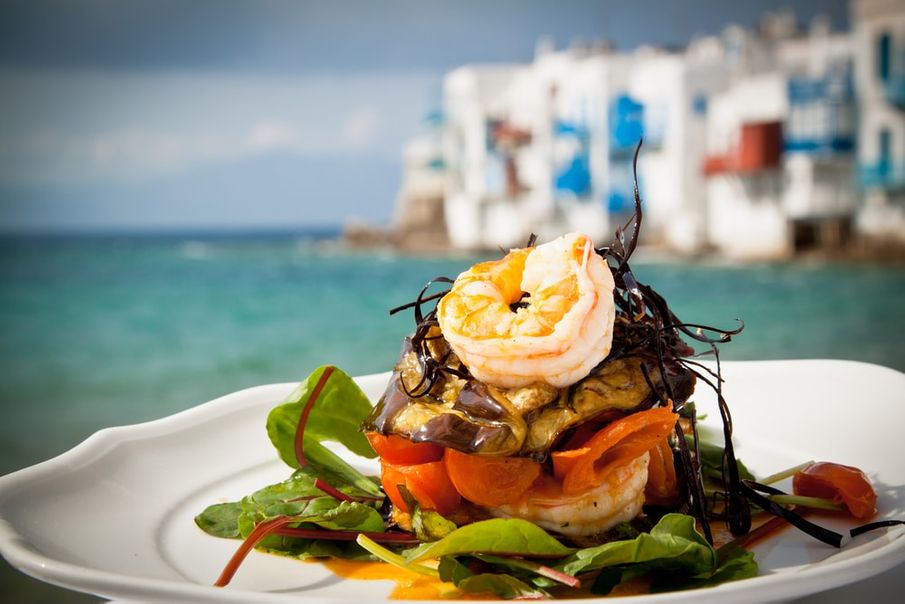Maximising your intake of plant-based foods and cutting refined carbs could help prevent one of the most deadly forms of cancer
A Mediterranean diet may reduce the risk of a deadly form of breast cancer, a large new UK study has found.
Scientists have found that women following a Mediterranean diet, which is high in fresh vegetables, fruits and lean proteins, and low in sugar and saturated fats, are 40 percent less likely to develop oestrogen-receptor (ER-) negative breast cancer.
The study, published in the International Journal of Cancer in March 2017, monitored post-menopausal women over a 20-year period to ascertain the impact the diet had on developing ER-negative breast cancer.
The study found that women who adhered most closely to the diet were 40 percent less likely to develop ER-negative breast cancer than women who adopted the diet the least.

Each year in the UK, one in three cases of breast cancer is categorised as ER-negative, which is found to have higher fatality rates due to the cancer not having receptors for hormones, meaning that it is unresponsive to hormonal therapy.
Every 10 minutes, someone in the UK is diagnosed with breast cancer. That equates to nearly 62,000 people a year. Of these, over 11,400 die from breast cancer every year. While the main risk factors of breast cancer are gender, family history of the disease, and aging (most breast cancers occur in women over 50), scientists are increasingly looking at other contributing factors, and what can be done to help reduce the risks.
The new study could potentially save thousands of lives a year
The Mediterranean diet first piqued interest when American nutrition scientist Ancel Keys started his 'seven countries study', and found the rate of fatal heart disease in Crete, Greece, was 20 times lower than in the US. People in Crete also had the lowest cancer rates and fewest deaths overall. The classic Mediterranean diet has similar health benefits to a vegetarian diet, such as a lower risk of heart disease, cancer, inflammation, type 2 diabetes, strokes, and depression.
Professor Piet van den Brandt from Maastricht University in the Netherlands, who led the World Cancer Research Fund sponsored study, said, “We found a strong link between the Mediterranean diet and reduced ER-negative breast cancer risk among post-menopausal women, even in a non-Mediterranean population.”

While the Mediterranean diet itself is a key factor, the lifestyle that comes along with it could also be a contributor. Emma Pennery, clinical director of the charity Breast Cancer Care, said, “It’s important to remember that while lifestyle choices like eating a well-balanced diet and taking regular exercise can help reduce the risk of cancer, they don’t guarantee prevention.”
While choosing a more balanced diet and lifestyle will certainly help your overall health, is it important to regularly check for symptoms of breast cancer, and contact your GP if you have any concerns.
To find out more, visit Nutritionist Resource for expert articles and to find a nutrition professional in your area. Additionally, you can find more information on breast cancer on the NHS website.


Comments